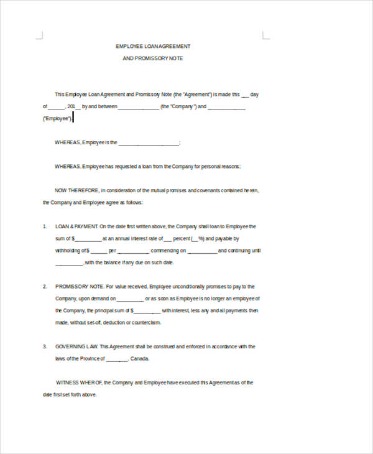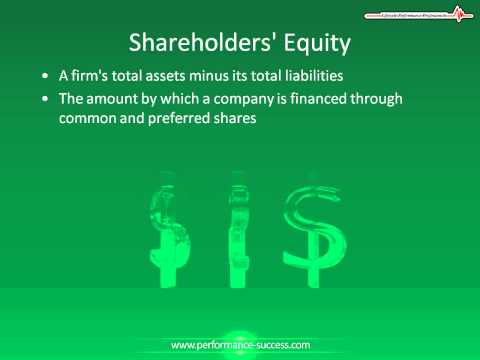The NACPB offers credentials to bookkeepers who pass tests for small business accounting, small business financial management, bookkeeping and payroll. It also offers a payroll certification, which requires additional education. These financial reports show a businesses bottom line and operating expenses, the What Is A Bookkeeper? balance of assets and liabilities as well as the cash flowing in and out of the business. Additionally, there may be other responsibilities based on the unique needs of your business. For example, a bookkeeper may be required to learn a specific accounting software system or participate in certain meetings.
- Bookkeepers record daily transactions in a consistent, easy-to-read way.
- You should consult your own professional advisors for advice directly relating to your business or before taking action in relation to any of the content provided.
- After completing your education, you can seek an internship and get on-the-job training to become a bookkeeper.
- Today’s bookkeeper must be comfortable with accounting software such as QuickBooks and electronic worksheets.
Basic services could cost as little as $20 an hour, while advanced services could be $100 or more an hour. Bookkeepers aren’t required to be licensed or have certifications, but accreditation and licensing are available from the AIPB and NACPB. Access all Xero features for 30 days, then decide which plan best suits your business.
Core duties
In addition to CPA credentials, other common accounting designations are chartered financial analyst (CFA) and certified internal auditor (CIA). Accountants’ qualifications depend on their experience, licenses and certifications. To become an accountant, they must earn a bachelor’s degree from an accredited college or university. As your business grows to include more customers, vendors, and employees, keeping track of your finances on your own becomes more challenging. Xero does not provide accounting, tax, business or legal advice. You should consult your own professional advisors for advice directly relating to your business or before taking action in relation to any of the content provided.

When looking for a certified bookkeeper, first decide if you want to hire an independent consultant, a firm or a full-time employee if your business is large enough. Ask for referrals from friends, colleagues or your local chamber of commerce, or search online social networks like LinkedIn for bookkeepers. Accountants generally must have a degree in accounting or finance to earn the title.
Bookkeeper Job Description Example
A bookkeeper is someone who prepares your accounts, documenting daily financial transactions. Bookkeepers have been around as far back as 2600 BC—when records were tracked with a stylus on slabs of clay—making bookkeeping not the oldest profession, but pretty darn close. One way to think about it is that bookkeepers lay the groundwork for accountants to analyze and prepare financial statements. Bookkeepers handle the day-to-day tasks of recording financial transactions, while accountants provide insight and analysis of that data and generate accounting reports.

Other small businesses hire a bookkeeper or employ a small accounting department with data entry clerks reporting to the bookkeeper. Bookkeepers record financial transactions, post debits and credits, create invoices, manage payroll, and maintain and balance the books. Bookkeeping, in the traditional sense, has been around as long as there has been commerce – since around 2600 B.C.
What Does Bookkeeper Mean?
Bookkeeping first involves recording the details of all of these source documents into multi-column journals (also known as books of first entry or daybooks). For example, all credit sales are recorded in the sales journal; all cash payments are recorded in the cash payments journal. In the single entry system, each transaction is recorded only once. Most individuals who balance their check-book each month are using such a system, and most personal-finance software follows this approach.
- There is a difference between an accountant and a certified public accountant (CPA).
- Let’s explore what bookkeepers do, examine some of the benefits of bookkeeping, and explore your options for using a bookkeeper.
- When there is a proper system in place that avoids problems such as skimming fraud, the recorded financial data can provide valuable, actionable insight.
- Being proficient with accounting software allows a bookkeeper to stand out from the others.
- Today any bookkeeper worth their beans uses some kind of software platform to track finances.
Being proficient with accounting software allows a bookkeeper to stand out from the others. Usually, the entry-level salary for both bookkeepers and accountants tends to be similar; however, the earning potential of an accountant tends to increase as their career progress. It is not uncommon for an experienced bookkeeper to make a career transition into accounting or another profession. As bookkeepers work closely with raw data, they tend to develop a good understanding of how a business works.
Bookkeepers are not expected to have a four-year or five-year college degree in accounting. However, the bookkeeper must be able to work https://kelleysbookkeeping.com/sample-invoice-template/ quickly and accurately. Today’s bookkeeper must be comfortable with accounting software such as QuickBooks and electronic worksheets.
Rubber stamps and black eyes Editorials timeswv.com – Times-West Virginian
Rubber stamps and black eyes Editorials timeswv.com.
Posted: Sat, 27 May 2023 08:00:00 GMT [source]
They prepare your accounts, document daily financial transactions and ensure compliance with applicable standards. Accountants use the records a bookkeeper provides and their own expertise to help build budgets, assess finances, and make business decisions. So, generally, an accountant’s role requires more education than a high school diploma. Accountants may have a bachelor’s degree in finance and training in bookkeeping roles.
Each sale and purchase your business conducts must be recorded in the ledger, and some items will need documentation. You can find more information on which transactions require supporting documents on the IRS website. When you know which accounts to track and have the right tools in place, bookkeeping can be a breeze and not a headache. To help you get started on your journey and see how easy it is, we’ve created a handy checklist you can refer to along the way.
Each bookkeeping professional has their own expertise, just like each business has unique financial circumstances and bookkeeping needs. If you opt for bookkeeping software—like Quickbooks—keep in mind the time commitment required to learn how to properly use the program. While these programs are cost effective, you are paying with your time. And at a certain point, your time is better spent building your business than navigating DIY tutorial videos.